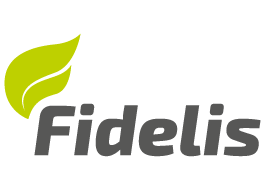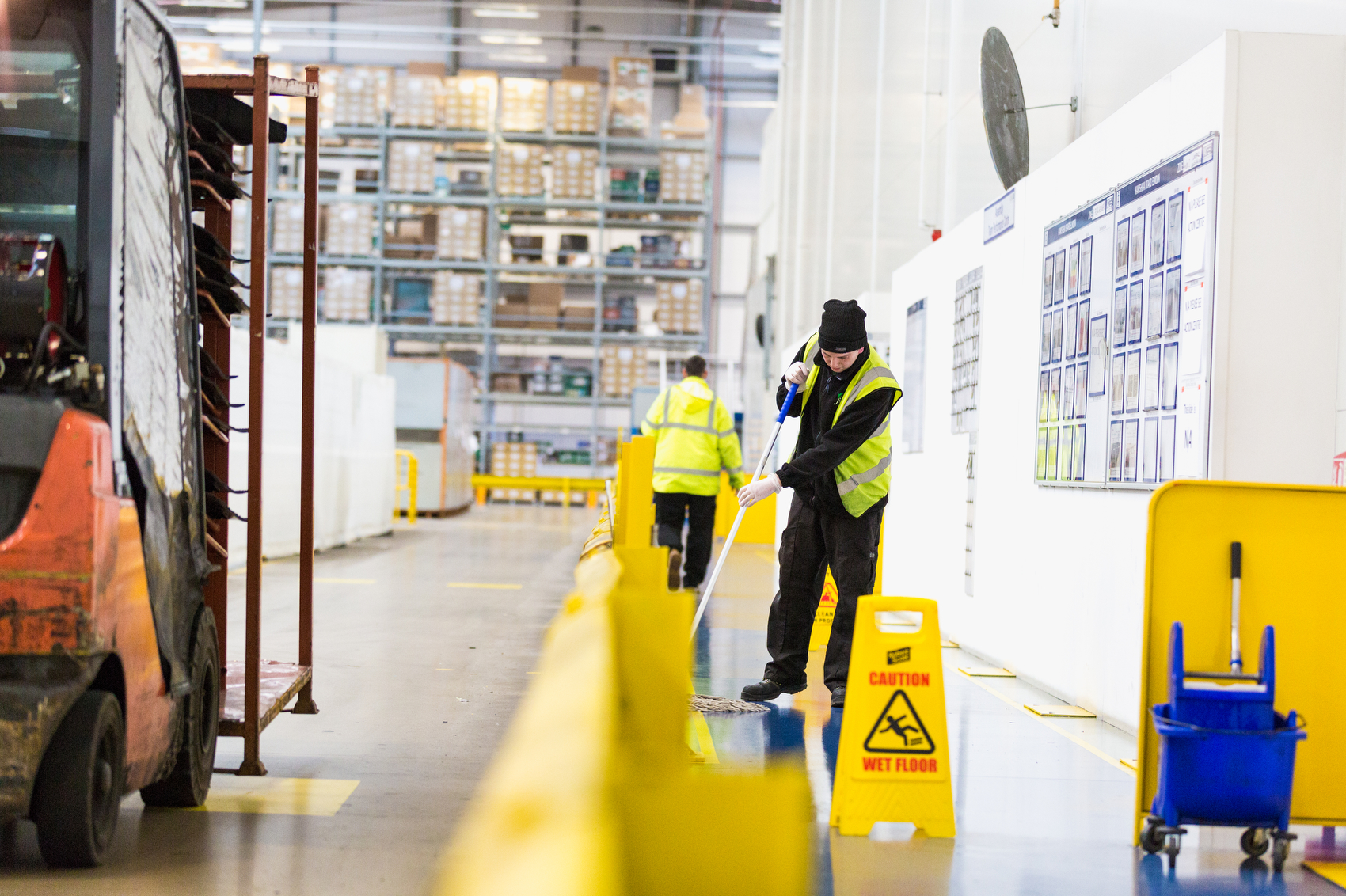Return to Work: Advice for the Manufacturing Sector
It is vital you are effectively preparing your manufacturing premises ahead of your employees’ return to work and creating a COVID Secure environment.
It is not only the preparation for the return; it is imperative to put plans in place as to how you will continue maintaining the highest levels of cleanliness and safety across all areas of your site.
There is of course lots of guidance around safeguarding and creating a Covid Secure workplace which will be applicable to all sectors, but you also need to consider the advice that has been produced specifically for your sector by the Government.
In this blog, we have shared specific advice and guidance for the Manufacturing Sector, so you are fully aware and can prepare your factory, plants and warehouses ready for the return to work.
Risk Assessment
In line with the specific Government guidance for the manufacturing sector, you should begin to assess the existing level of safety and potential risks relating to your cleaning processes and procedures to reduce the spread of infection.
Once you have conducted a thorough assessment, considering your deep clean and decontamination requirements of your shop floors, manufacturing facilities, communal spaces and areas is paramount.
A professional deep clean should be conducted prior to welcoming your staff back to the workplace.
We believe that communicating and updating your team on the risk assessment and the cleaning measures you have implemented is good practice. Your team needs to be reassured that you have their safety at the forefront of your thinking.
Managing your people
With guidance advising businesses to arrange for the staggered arrival and departure of your team, what could this mean for your cleaning?
Changes to working patterns could be introduced to maintain social distancing measures, so you need to consider the cleaning, decontamination and sanitisation requirements.
For example, if you introduce a split workforce approach, with different teams coming in at different times of the day for a limited shift, you will need to consider additional cleaning between these shifts, as opposed to just at the end or beginning of the day.
You should consider introducing spot cleans of high risk areas between shifts or at critical times of the working day, to help maintain the highest levels of safety and reduce contamination and the spread of infection.
Washrooms and additional hand washing facilities at entry and exit points
The Government also recommends regular hand washing, increasing the need for employers to introduce an increased number of facilities across a site at entry and exit points.
Providing these facilities does create a greater need for thorough and multiple cleaning of these facilities everyday, to ensure they are sanitised and will help to reduce contamination.
This recommendation also creates a greater need for washroom consumables, including paper towels, anti-bacterial soaps and sanitiser. It is important you have a robust supply chain in place so you can regularly access quality supplies to meet these needs.
The Government has also recommended the enhanced cleaning of existing washroom facilities.
Due to the nature of these spaces, they are hives for cross-contamination so regular and thorough cleaning is vital.
It is also recommended to provide paper towels where possible as alternative to hand dryers, again to reduce the spread of infection.
Review workstations and layout
You need to consider how your staff work and the changes you will need to implement in order to ensure the observation of social distancing.
If the layout and configuration of your workshop or shop floor changes, and you have to look at providing staff with more individual and dedicated areas to work, what does this mean for your daily and deep cleaning requirements?
We can provide you with consultative advice on the processes and procedures you may need to implement, as well as advice on the frequency of cleaning needed across your shop floor to maintain the highest levels of health and safety.
Cleaning the workplace and maintaining hygiene
It is no longer just a need to ensure that just floor space in a workshop or factory is clean.
There is an evolving requirement for daily cleaning of equipment that your staff handle to reduce the spread of infection.
You should consider the new procedures you will need to implement to ensure the regular cleaning and sanitation of any shared equipment, such as vehicles, pallet trucks, equipment and tools.
Cleaning of high touchpoints
It is imperative you have identified the high touch points across your shop floor, communal areas and warehouse.
These touch points will often include door handles, touchplates, bannisters and key pieces of equipment, however each site will be different, so you need to spend time considering those touch points that pose a high risk to the spread of infection.
An ideal time to do this is during your risk assessment and when you will actually be walking around your site, so you can really visualise and see those areas used more frequently.
You may require increased daily cleaning of these high risk areas, sanitising them more regularly to mitigate the risk they pose.
Regularly removing waste
Following Government guidance, manufacturing firms are advised to remove waste at the end of each day to reduce the spread of infection.
Therefore, you also need to consider working alongside a contractor who can provide a quality and regular waste disposal service inline with health and safety guidance.
If you would like to discuss any of your requirements with our team, we would be more than happy to help, providing the support you need to achieve a truly Covid Secure workplace.
Back to news
